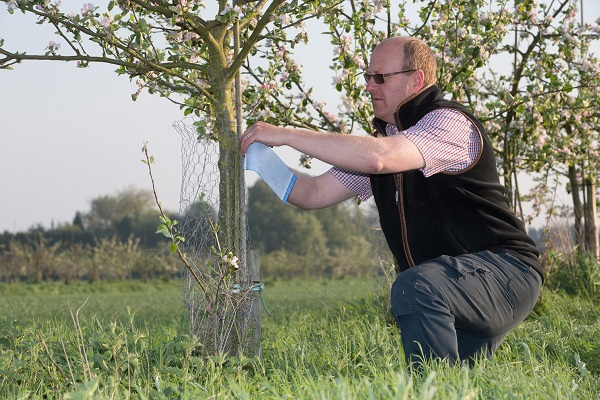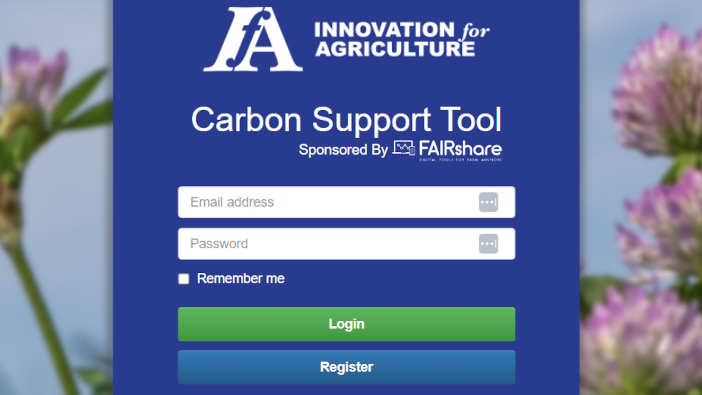Farmers will now be able to make informed decisions when assessing their carbon footprint, thanks to a new tool from Innovation for Agriculture (IfA).
Stephen Briggs, head of technical development, explained that the pilot carbon decision support tool has been developed in response to demand from both agri-businesses and the supply chain, and will enable farmers to choose the most appropriate carbon assessment.
“Farmers are under pressure to provide information on the carbon footprint of their business and to show how they are progressing towards reaching net zero emissions,” he said.
“It’s generally accepted that you must be able to measure something to manage it, but there are approximately 35 tools or platforms that can be used to measure carbon in farm businesses.
“The tools vary in terms of to what extent they ask about livestock enterprises, the management practices they incorporate into their calculations and whether they focus on emissions only or sequestration too, so it’s difficult to know where to start.”

He added that the new tool will compare the three most commonly used platforms currently used in the UK to measure carbon – Farm Carbon Calculator, Cool Farm Tool and Agrecalc.
“It asks a series of yes/no and multiple choice questions and the results indicate which carbon assessment tool will be most relevant to your farm business based on the enterprises you have, your farm management practices and the data you have available to input,” he explained.
“It’s essentially a free and independent tool which can help identify which carbon assessment is most relevant to your farm business. It’s worth adding that once you’ve selected a tool and completed a carbon assessment, it’s best to use the same one for any future assessments to ensure the results are comparable.”
The pilot version was developed with funding from FAIRshare and reflects the functionality of all three platforms as of April 2023. Those interested can find more information at www.i4agri.org
“We have the ambition to add more platforms into the tool, and to continue to update it in line with any platform updates.
“I would encourage any farmer considering undertaking a carbon assessment for the first time to use the tool to help their decision between carbon assessment platforms,” concluded Mr Briggs.


